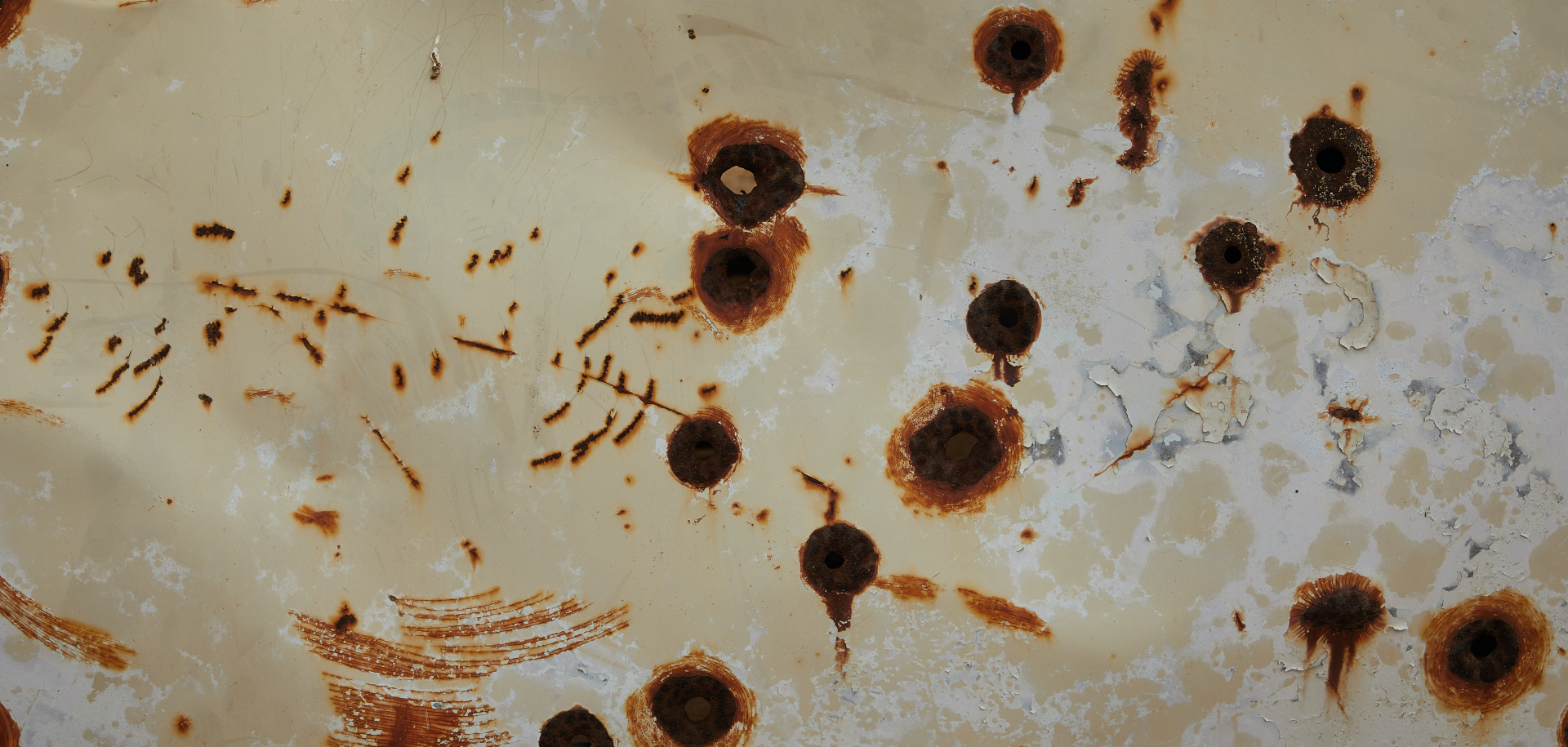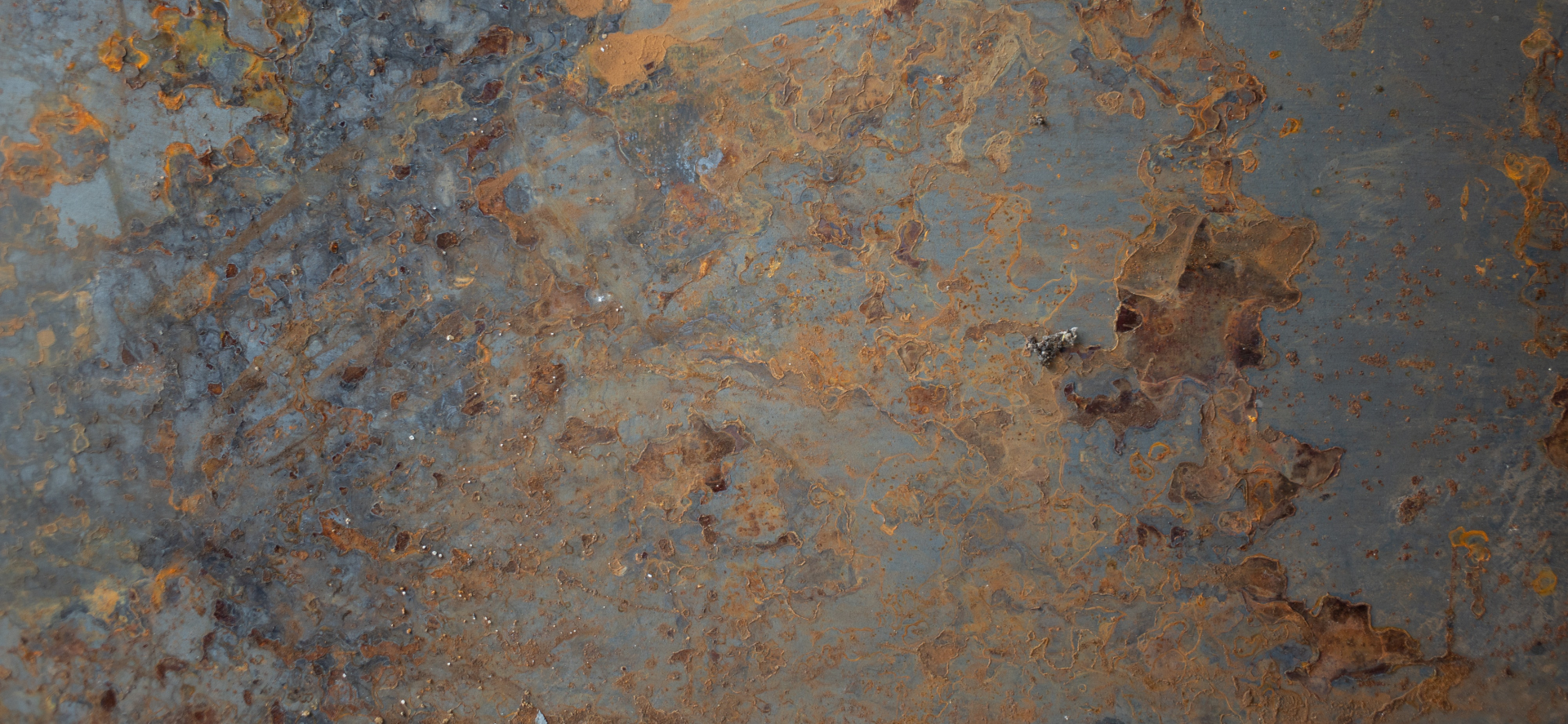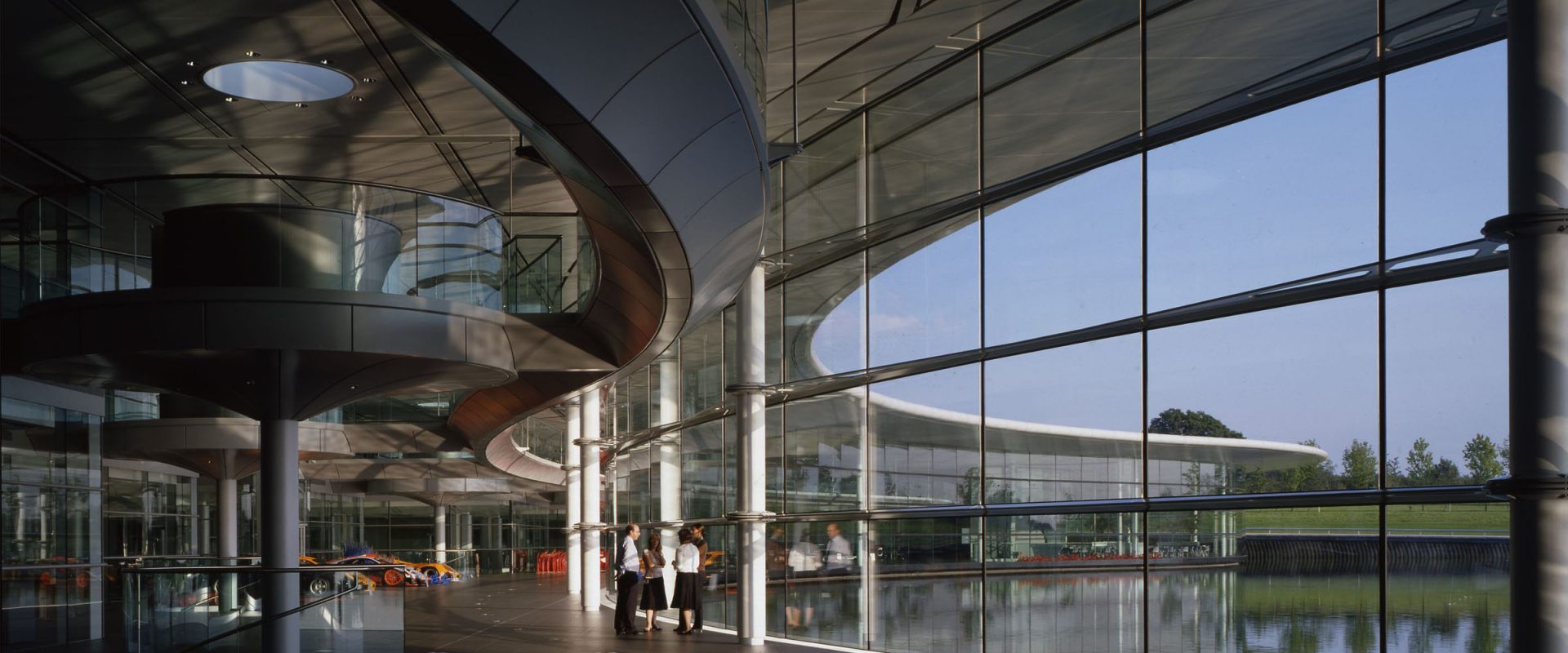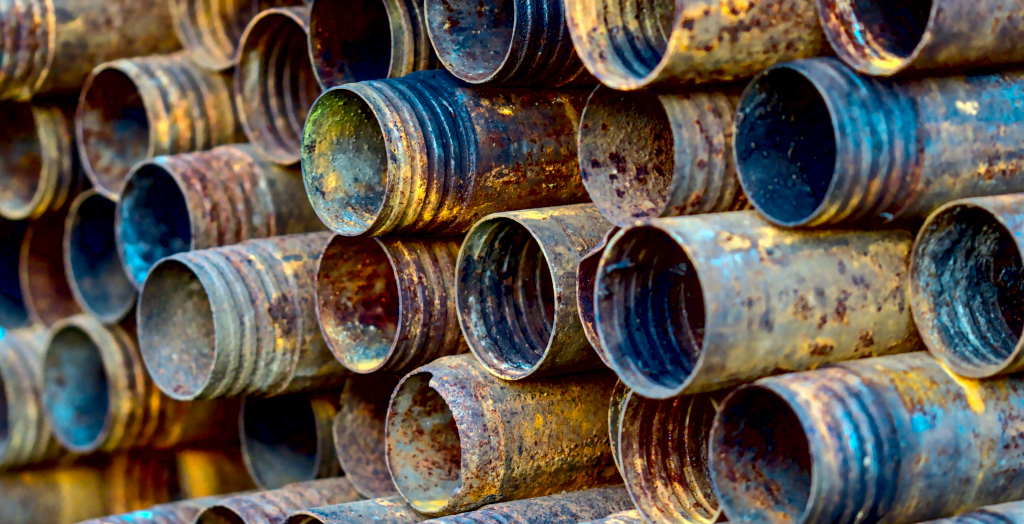Corrosion is the process where a refined metal naturally converts to a more stable form. This form can include oxide, hydroxide or sulphide which eventually leads to the deterioration of the materials.
Aluminium Corrosion is therefore the process of decay in Aluminium molecules. This is however, a slow process and can take many months or years to form. There is also many types of corrosion which is important in dictating how to prevent or slow down the process.

Rust vs Corrosion
The difference between rusting and corroding can depend on the material used. For example, rusting will occur in iron whereas corroding occurs on ceramics or polymers. Although both processes result in the disintegration of a material, it’s important to know the differences so you can resolve the issue effectively.
- Rusting only occurs on iron metal-based materials
- Rusting may appear red or orange
- Corrosion appears on different surfaces
- Rusting is caused by moist air, corrosion is caused by any chemical
- Corrosion can be difference colours


Types Of Aluminium Corrosion
Atmospheric Corrosion
Acting as the most common form, this process occurs as a result of natural element exposure. The cause of Atmospheric corrosion means that it can appear in most places and environments. This process is then divided into three subcategories of wet, dry and damp depending on the moisture levels of the surroundings.
Other factors which can cause atmospheric corrosion include : wind direction, temperature, precipitation, pollution, water bodies and design drainage.
Galvanic
Also named dissimilar metal corrosion, galvanic corrosion can affect aluminium when it is either physically or electronically connected to a noble metal. The positioning of the noble metal can also have an impact on the severity.
Galvanic can be a much quicker process.
Pitting
Pitting is the process whereby a surface forms small holes or pits on its surface. Although these pits don’t necessarily affect the overall strength of the product, it forms more of an aesthetics issue.
This normally occurs in regions where salt is present in the air.
Crevice Corrosion
This is the form of localised corrosion. Crevice happens when there has been overlapping or unintentional design mistakes. Small gaps in designs can kick start this process and the material will eventually dissolve.
Intergranular
By also starting out as a pit, intergranular corrosion occurs much quicker and can also perform different degrees in different aluminium alloys.
Stress Cracking
This is a form of intergranular corrosion and can result in complete failure of a part. For an aluminium part to experience this type of corrosion, they will have high yield strength, have a humid or wet service environment or experience tensile stress.
Exfoliation
This form can be found in aluminium alloys that have marked directional structures, particularly products that have undergone hot or cold rolling. It can also look slightly different, with a more voluminous surface through expansion and sideways.
General Corrosion
General Corrosion takes place on an aluminium surface and occurs when a product is exposed to highly acidic conditions or electrolytes.
Deposition
When a dissimilar metal is deposited on an aluminium surface. It’s also worth mentioning that this is caused by acidic solutions rather than alkaline solutions.
Erosion
Erosion is caused by high speed water jets. This can be avoided by reducing the water velocity or maintaining water quality.
Fatigue
Fatigue cracks act as initiation sites for the pitting process. When the material is repeatedly exposed to minimal stress for a long period of time and also cannot occur without water in the atmosphere, fatigue begins to appear.
Microbiological Induced
This is caused by microorganisms and fungi, typically noticed in fuel and oil tanks. Sometimes, these organisms can consume oil and acid which leads to both putting and leakage.


How To Prevent Aluminium Corrosion
Although corrosion is extremely hard to stay away from, there are still many steps to prevent it from occurring or potentially becoming harmful.
- Apply a protective coating – paint, powder coat or anodize
- Consider the grade of aluminium
- Prevent galvanic
- Surface treatments
- Regular cleaning of surfaces
- Avoid areas where water can accumulate
- Plenty of ventilation
Architectural powder coating is also beneficial for if you’re looking at home improvements. Specifically used on windows, this powder can protect aluminium windows and offer a longer life.


Aluminium Bending Specialists UK
ABS is a UK based manufacturer and installer of aluminium windows, offering a much longer lifespan compared to the use of uPVC or wooden windows. We offer the production of curved/arched windows and doors, gothic arch, aluminium round windows or porthole windows.
If you’re a business or property owner looking to upgrade your look, check out your options and give us a call on 01623 259231.

